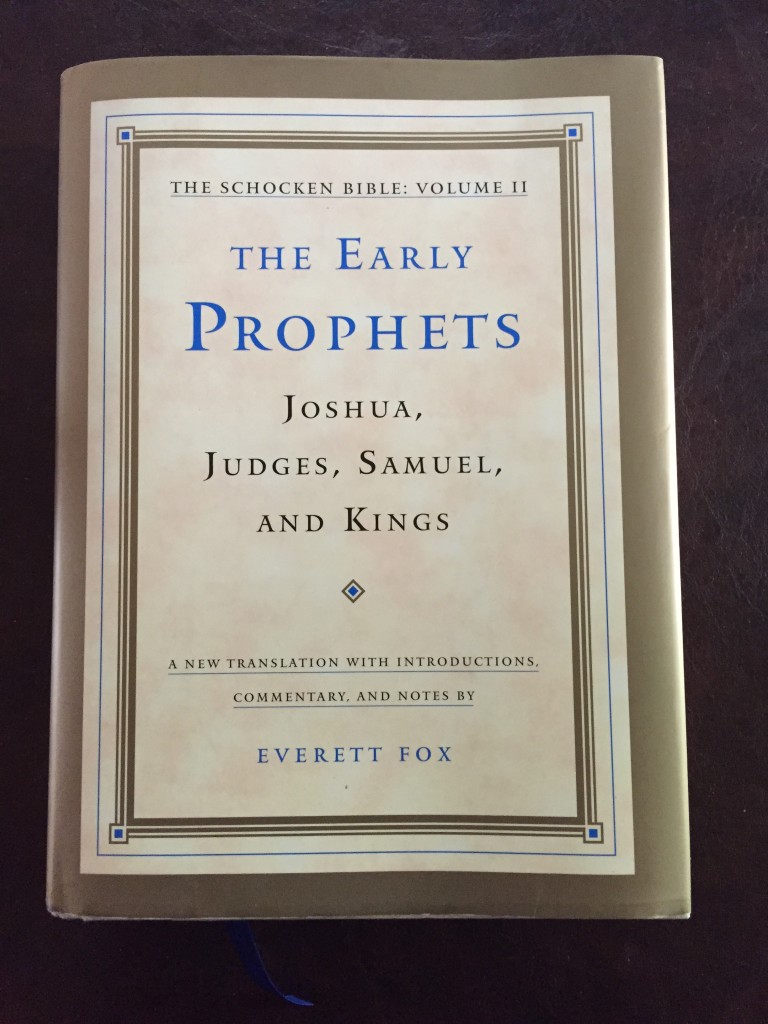The Early Prophets
The Early Prophets continues and rounds out the Hebrew Bible’s journey through Israel’s past. It begins with the entry of the Israelites into the Promised Land via conquest (Joshua); presents accounts of tribal warrior/deliverers (Judges); traces the beginnings of Israelite monarchy with heroic figures and their flaws (Samuel); and chronicles centuries of the rise and fall of two kingdoms (Kings). But The Early Prophets is not primarily a historical chronicle. It is, rather, ancient Israel’s meditation on its past, through a worldview in which the divine and the human interact, a “history with an attitude.” In these pages, readers will find a people engaged in defining its identity amid surrounding cultures, many of them much older. They will be led to think deeply about what makes for good leadership. And above all, they will encounter memorable characters, whose passions, struggles and questions mirror our own.
This translation continues the approach I have taken in The Five Books of Moses (see above). It focuses on the wording of the text and its aural quality, believing that the Hebrew Bible often conveys its ideas through sound, wordplay, allusion, and other tools of close reading. At the same time, the text is accompanied by introductions, commentary and notes, in order to bring the reader more intimately into the historical, cultural and religious world of the Bible.
The sample under the sub-heading “Shimshon Text and Notes”—the Samson and Delilah and Death of Samson narratives from Judges 16—is part of a larger cycle of stories about the famous Israelite strongman known as Shimshon in Hebrew. I have included my introduction to the cycle along with the usual text, commentary and notes, and also (from the Appendix to Judges) a brief piece about how the cycle is constructed. In addition, elsewhere on this website I have recorded my reading of the text in Hebrew and English.
To order a copy of The Early Prophets, click here:
